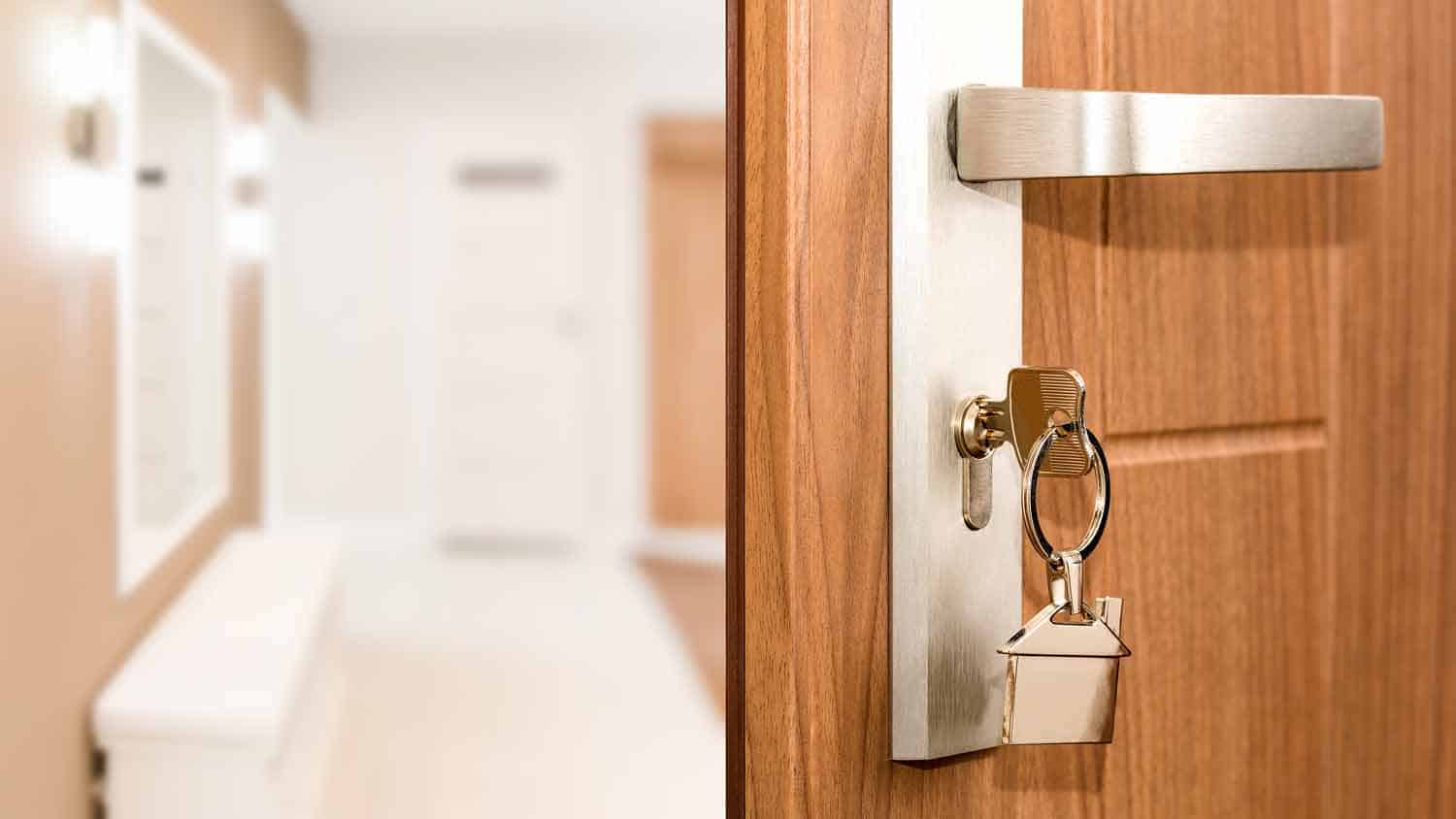The decision to buy or lease medical space is a decision that all private practitioners will need to make. There are pros and cons to both, but a good place to start is to ask yourself the following questions:
1. How much can I afford to outlay financially?
- Leasing a room/s definitely requires less of a financial outlay than buying, and you can often negotiate with motivated landlords to make the changes you require as part of the lease agreement. You will need to pay a bond, and make sure you are aware of all outgoings included. Landlords can also increase the rent when the lease is renewed, with appropriate notice given, so this needs to be taken into consideration.
- If you have the funds to invest, purchasing a property can be a good investment if you buy in the right area and plan to stay where you are for at least ten years. You will need to have access to cash to ensure your business will not be financially strapped by the large outlay. You will also need to consider how much money you will require to make any property changes, as well as paying the ongoing mortgage, rates, and maintenance that comes with purchasing a property.
- Another viable option may be to find a medical practice for sale, which comes complete with fit-out. You may only need one or two rooms, but you will then have a clinic room to rent out to other medical professionals for extra income.
2. How fast is my practice growing, or projected to grow?
- Leasing can be a good option if your practice is growing quickly, and the space you lease has the opportunity to be expanded. Are there some empty rooms adjoining yours that you could potentially move into? If your practice is growing, always check that there is room to expand without having to relocate. The same applies to your own premises; is the size of the building amenable to expansion, and is it expansion that is affordable?
- Owning your business premises gives you the option to change and grow your practice as it grows. With council approval you can expand, and if you are slowing down, you can sublet available space for extra income.
3. Clinic Location
- Everyone knows that purchasing property is about location. The same applies for medical rooms. Not only do you want to be accessible to your patients, but also in the catchment area for your referral base, and the referrals you would like to attract.
- Consider which hospitals you attend, admit to, or operate at (if you’re a surgeon).
- In some areas, especially inner city Sydney, Brisbane or Melbourne, purchasing medical space may not be economically viable. In this case, finding a clinic room to rent is ideal as you can afford to practice in areas that would be otherwise unaffordable. Also, in the larger specialist medical centres, leasing may be the only option. By utilising this option you can find a clinic room to rent, or a larger medical space.
- Many specialists and surgeons consult from various locations. Utilising sessional rooms is ideal in this situation as you only pay for the days and hours you use the rooms. The majority of sessional rooms will give you the option to use their meet and greet staff, or to use your own secretarial staff.
- While this is a flexible option, you may be restricted in your ability to have ad-hoc clinics, or to change your consulting hours as there are other specialists and staff timetables to consider. With your own premises, you can change your consulting and clinic times as needed, with only staffing to consider.
4. What are my staffing and equipment requirements?
- When starting out, it may not be necessary to have your own secretarial and administration staff. In this case, meet and greet staff at sessional rooms will provide enough cover for you. As you expand, staffing will be a huge consideration, and a permanent base for a secretary or practice manager is necessary.
- This also provides a base for patient files, whether that be hard copies or a computer database. Office equipment such as copiers, scanners, printers and computers will be required.
- As a specialist or surgeon, what type of equipment will you need available at the consultations? Will you be doing minor procedures in the rooms, or will you need access to blood pressure monitors, ultrasound equipment, bladder scanners, nerve conduction studies or the like? Accessibility to necessary equipment, and storage of it, can restrict where you practice, so it needs to be taken into consideration.
- Parking is a premium in the city, and patients need accessibility to your rooms. If there is no parking available on the premises, is there paid parking nearby? Is there public transport? This is an important consideration for patients and staff.
Whether to lease or buy is a decision that only you can make. It’s always wise to speak to a medical real-estate expert and discuss your options. Talk to other specialists in private practice as they can share their own experiences, and make helpful recommendations. Whatever you decide, good luck! This is just the beginning of your journey.



